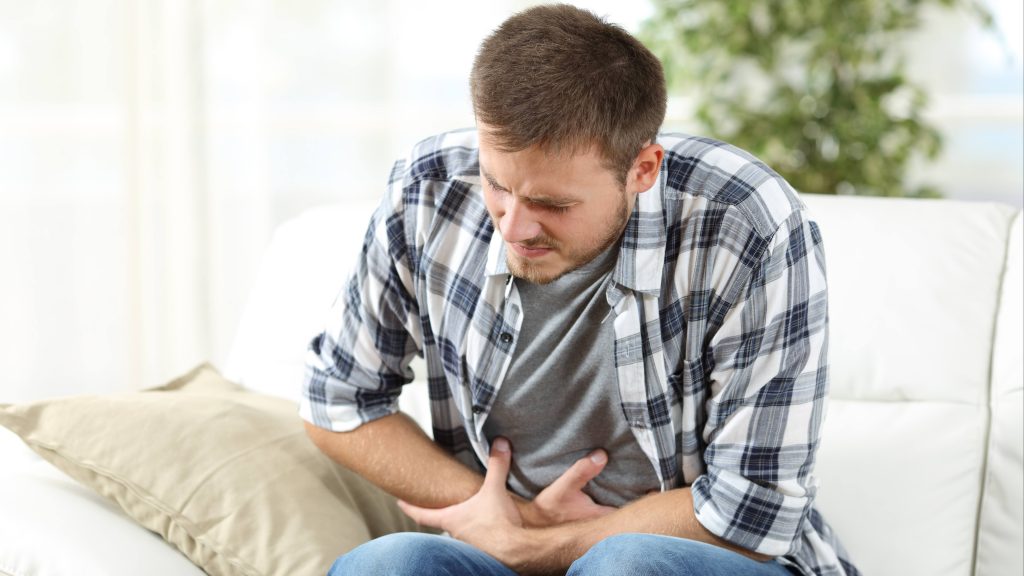-
Home Remedies: Suffering with stomach flu

Before we get to the remedy, here’s the reality: There’s no such thing as "stomach flu."
"'Stomach flu’ is a misnomer," says Dr. Cindy Kermott, a Mayo Clinic preventive medicine physician. "It is just a common term for a viral gastroenteritis. And everyone has probably had it — when you have nausea, vomiting, diarrhea."
Dr. Kermott says flu settles in your chest — not your stomach.
"It has to do with the lungs," explains Dr. Kermott. "You get the dry cough, the fevers, the myalgias, where you feel like a train has hit you. That is influenza."
Watch: Dr. Cindy Kermott discusses stomach flu.
Journalists: Broadcast-quality sound bites with Dr. Kermott (0:52) are in the downloads at the end of the post. Please ‘Courtesy: Mayo Clinic News Network.’
So how do you treat what we’ve been calling "stomach flu?"
"For the first few hours, you want to avoid anything by mouth," advises Dr. Kermott. "You just want to rest and have your stomach settle a little bit."
After that, Dr. Kermott says it’s vital you keep your body hydrated. Sip on a clear fluid. Water is best, but clear sodas, broths, or weak teas are OK, too. If you can’t tolerate liquids, try chewing on ice chips.
"It’s important to maintain your hydration," stresses Dr. Kermott.
Journalists: This broadcast-quality video Mayo Clinic Minute (0:59) is in the downloads at the end of the post. Please ‘Courtesy: Mayo Clinic News Network.’
When your stomach has fully settled, try eating small amounts of easily digestible foods like soda crackers, unbuttered toast, gelatin or a banana. Avoid fatty and spicy foods until you’re fully recovered.
Finally, Dr. Kermott says to keep listening to your body.
"Symptoms exist because it’s telling your body what to do," she says. "It’s telling you to slow down."
Lifestyle and home remedies
To help keep yourself more comfortable and prevent dehydration while you recover, try the following:
- Let your stomach settle. Stop eating solid foods for a few hours.
- Try sucking on ice chips or taking small sips of water. You might also try drinking clear soda, clear broths or noncaffeinated sports drinks. Drink plenty of liquid every day, taking small, frequent sips.
- Ease back into eating. Gradually begin to eat bland, easy-to-digest foods, such as soda crackers, toast, gelatin, bananas, rice and chicken. Stop eating if your nausea returns.
- Avoid certain foods and substances until you feel better. These include dairy products, caffeine, alcohol, nicotine, and fatty or highly seasoned foods.
- Get plenty of rest. The illness and dehydration may have made you weak and tired.
- Be cautious with medications. Use many medications, such as ibuprofen (Advil, Motrin IB, others), sparingly if at all. They can make your stomach more upset. Use acetaminophen (Tylenol, others) cautiously; it sometimes can cause liver toxicity, especially in children. Don't give aspirin to children or teens because of the risk of Reye's syndrome, a rare, but potentially fatal disease. Before choosing a pain reliever or fever reducer, discuss with your child's pediatrician.







